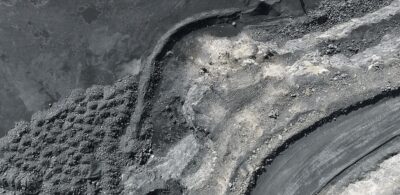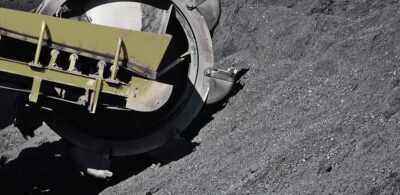Where next for New Acland?
01 October 2019
The Queensland Court of Appeal has set aside the decisions of the Land Court and the Supreme Court with respect to Stage 3 of the New Acland coal mine in the Darling Downs.[1]
In this article, we consider this decision and its implications for the project proponent.
Background
In 2017, the Land Court recommended refusal of the Stage 3 expansion to the New Acland coal mine. The Supreme Court overturned that decision, requiring the Land Court’s recommendation be remade, but held that the parties were bound by the findings and conclusions of fact at first instance.
You can read our summaries of the Queensland Land Court's refusal of Stage 3 expansion of the New Acland coal mine, and the Supreme Court's proposed Stage 3 expansion of the New Acland coal mine.
The Court of Appeal’s decision
The Court of Appeal held that Land Court’s decision was invalid on the basis of apprehended bias. Once a court’s decision is affected by an apprehension of bias, the decision cannot be upheld, regardless of whether the decision is legally correct.[2]
The Court of Appeal detailed a number of matters which suggested that the Member of the Land Court had acted inappropriately towards the mine operator and project proponent. The Court of Appeal held that the Land Court Member had acted in a way that would cause an objective observer to reasonably apprehend that the Member might not have brought an impartial and dispassionate mind in making his recommendation to the Minister.[3] This unfairness towards New Acland meant that the Land Court’s decision could not be upheld, regardless of whether the Member’s recommendation was appropriate or not.
As a consequence of this finding, the Court of Appeal also ruled that the Supreme Court’s decision ought to be set aside.
We note that the Court of Appeal did not accept the environmental group’s argument that the Supreme Court had erred with respect to its findings about groundwater, and upheld the Supreme Court’s ruling in this respect. Nevertheless, this is of minor consequence in light of the Court’s setting aside of the first instance decision.
What’s next?
Assuming no successful appeal is made to the High Court of Australia, the decisions of the Land Court must be made again, and New Acland faces the prospect of another lengthy hearing in that Court (as well as any further appeals).
Unlike the orders made by the Supreme Court, the Court of Appeal did not order that the Land Court’s findings of fact remain. Therefore, the Land Court will likely be required to rehear the evidence and make fresh conclusions of fact.
The first hearing spanned over a year, so it is unlikely that this matter will be resolved any time soon.
This case highlights the increasingly lengthy and complex nature of mining approvals and litigation, as well as the risk proponents face where their projects face strong opposition.
[1] Oakey Coal Action Alliance Inc v New Acland Coal Pty Ltd & Ors [2019] QCA 184.
[2] At [61], citing Kirby and Crennan JJ in Concrete Pty Ltd v Parramatta Design & Developments Pty Ltd (2006) 229 CLR 577; [2006] HCA 55, and Antoun v The Queen (2006) 80 ALJR 497; [2006] HCA 2.
[3] At [103].
Authors

Partner

Senior Associate
Tags
This publication is introductory in nature. Its content is current at the date of publication. It does not constitute legal advice and should not be relied upon as such. You should always obtain legal advice based on your specific circumstances before taking any action relating to matters covered by this publication. Some information may have been obtained from external sources, and we cannot guarantee the accuracy or currency of any such information.


